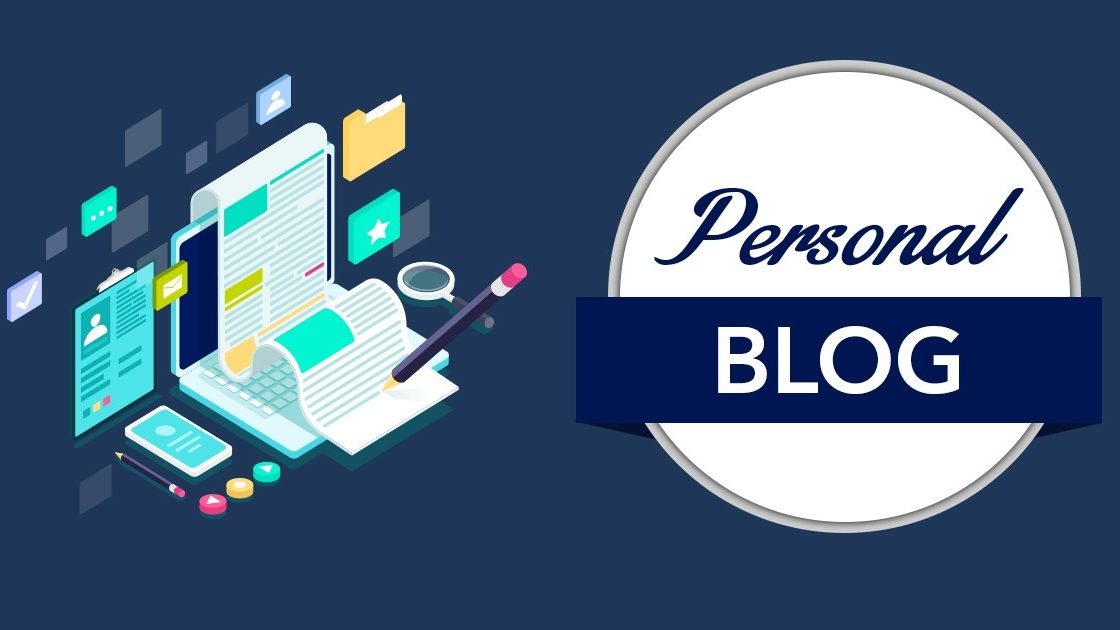How to Create a Personal Blog
If you are planning to create a personal blog, there are a few important tips that you should follow. First, you should be authentic. The audience should be interested in your content. Then, you should provide helpful and useful content to your readers. And lastly, you should be relevant. People should read your posts and comment only on relevant content. Besides, a personal blog can be very helpful to you. Therefore, you must consider the three factors that are mentioned below.
Authentic
A successful personal blog will exist across all platforms and maintain a consistent voice. It will also continue to grow an audience, exposing its readers to a lifestyle that they share, as well as creating a community of like-minded readers. In today’s competitive world of online commerce and Google rankings, a personal blog should be authentic and relevant. A few tips to keep in mind are:
Authenticity
Authenticity is essential for building trust and credibility with readers. The blog you create should be as genuine as possible, letting readers know the real you. You must also be as professional as possible, but not so much so that readers feel uncomfortable. For example, if you write about skiing, you should be honest about your passion for skis. Likewise, if you write about your love of eating vegetarian food, you should be as honest about your preferences.
Community
A personal blog is a blog that’s run by a single author, rather than a team of writers. Almost every piece of content is written by the blogger. Personal blogs are unique because they usually contain conversations between the author and their readers, and do not generally feature guest contributors or recipes. Instead, the writer shares his or her thoughts and ideas in an informal and conversational tone. Unlike most blogs, personal blogs are not intended for advertising, and they often feature original content that is written by the author, such as a poem or an article on health.
Relevance
A personal blog offers many benefits. First, it gives people the opportunity to interact with others who share similar or different interests and beliefs. People reading personal blogs come from many different corners of the globe and are usually from a variety of backgrounds. As such, they often have different primary languages and mindsets. This type of interaction can lead to many life-changing suggestions and ideas. Second, interacting with others can foster friendships. This is particularly beneficial if you suffer from a mental health disorder.
Humor
Whether you’re writing for yourself or for a business, humor can make a blog entertaining and engaging. Humor makes people laugh, feels relaxed, and relaxes them. While there are many books on humor, people nowadays prefer searching for it online. Humor blogs, written by people who find humor funny, have a large following and have become their own brand on the Internet. In fact, one out of every four visitors visits a humor blog.
Image accompanied by text
When posting an image accompanied by text on your personal blog, always remember to optimize it for all screen sizes. Putting the text over an image can make it difficult to read, especially if you are on a mobile device. Similarly, if you want to include a screenshot, be sure to optimize it for mobile devices. Listed below are some tips for making images on your personal blog look their best.
If you’re thinking about starting your own business, you probably want some advice on what you should do. In this article, you’ll find several resources where you can get free business advice. These resources include: Experienced entrepreneurs, forums and blogs. There are also many business books and online courses. However, the advice they give is all similar. In business, your ideas are worth very little if they don’t solve a real problem, so you should focus on execution.
Free business advice
If you’re looking for free business advice, you’re not alone. There are plenty of places to find it. One place to start is a MeetUp group. These are groups open to the public and often include people who have similar goals. Be careful, though, because they can attract wannabe entrepreneurs who talk the talk but don’t walk the walk. Be sure to read the event description to avoid those who are all talk. Even if you don’t find any specific advice from them, you’ll still find valuable business advice here.
Forums
While posting on a business forum, be sure not to sell your product. If you are trying to sell something, do not go above your audience’s expectations. Be sure to ask forum administrators for clarification. Make a good profile to establish credibility. Include a detailed description of your experience, and state whether or not your advice is related to a particular brand, product, or service. Include tidbits about yourself, but avoid political or religious affiliations.
Blogs
If you’re looking for tips, tricks, and advice, check out these blogs. They cover everything from employee hiring and retention to business advice. There are also handy resources like a glossary of business terms. This list is by no means exhaustive, so I’ve included some of my favorites to get you started. Here are the top 7 websites for business advice:
Experienced entrepreneurs
You can benefit from the advice of experienced entrepreneurs. Many entrepreneurs get advice from many sources. Some of this advice is extremely helpful, while others are counterproductive or lead to problems in the long run. In addition to asking for business advice from seasoned entrepreneurs, you can also take theirs, and read about their achievements and attend relevant meetings. Here are three tips to benefit from the advice of experienced entrepreneurs. This advice will save you time and headaches.
SCORE
SCORE is an organization whose goal is to provide inspiration and help small business owners succeed. There are more than 250 local chapters, and members of SCORE can find mentors in their area. Whether you’re just starting out or have a more established business, you can find an appropriate workshop on the SCORE website, and you can also sign up for free webinars. The resources on the SCORE website include free business workshops, seminars, and mentorship opportunities.


